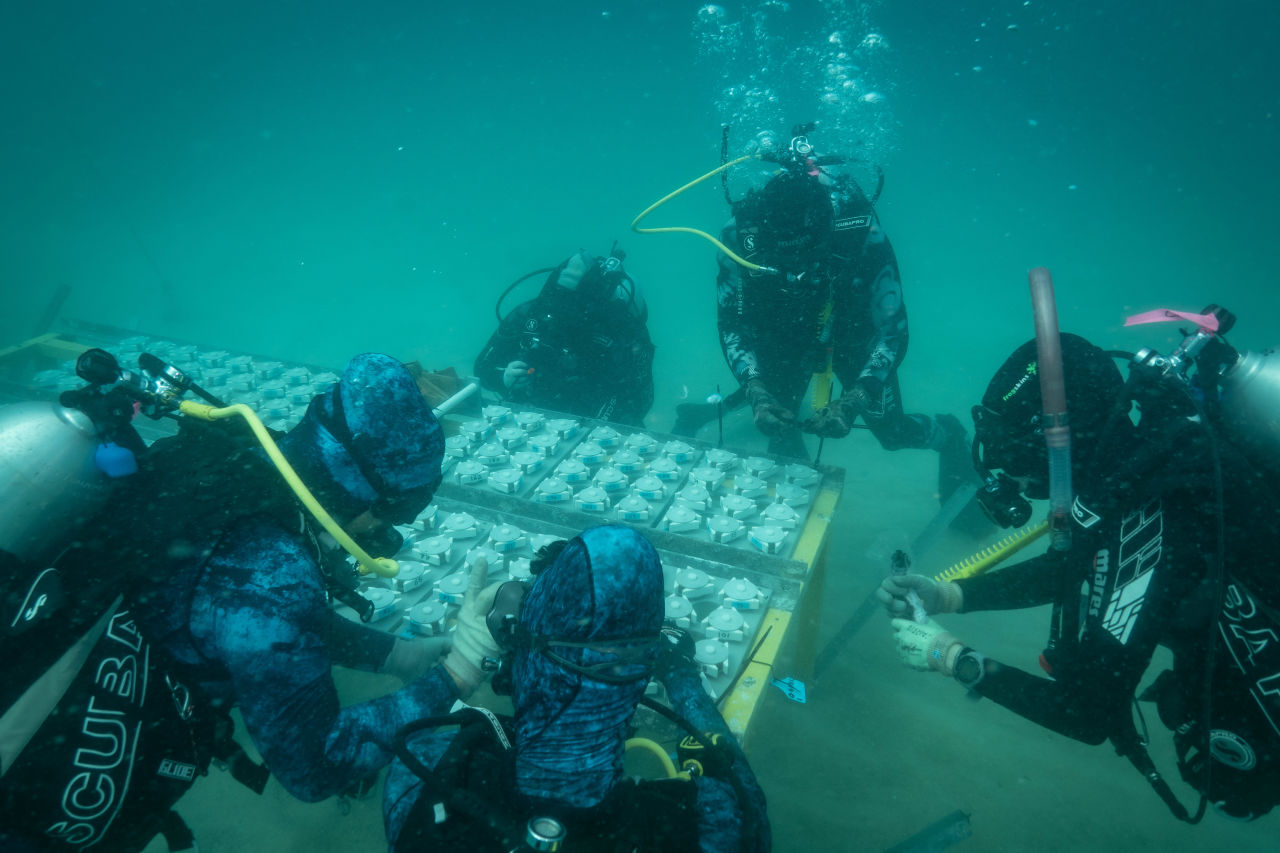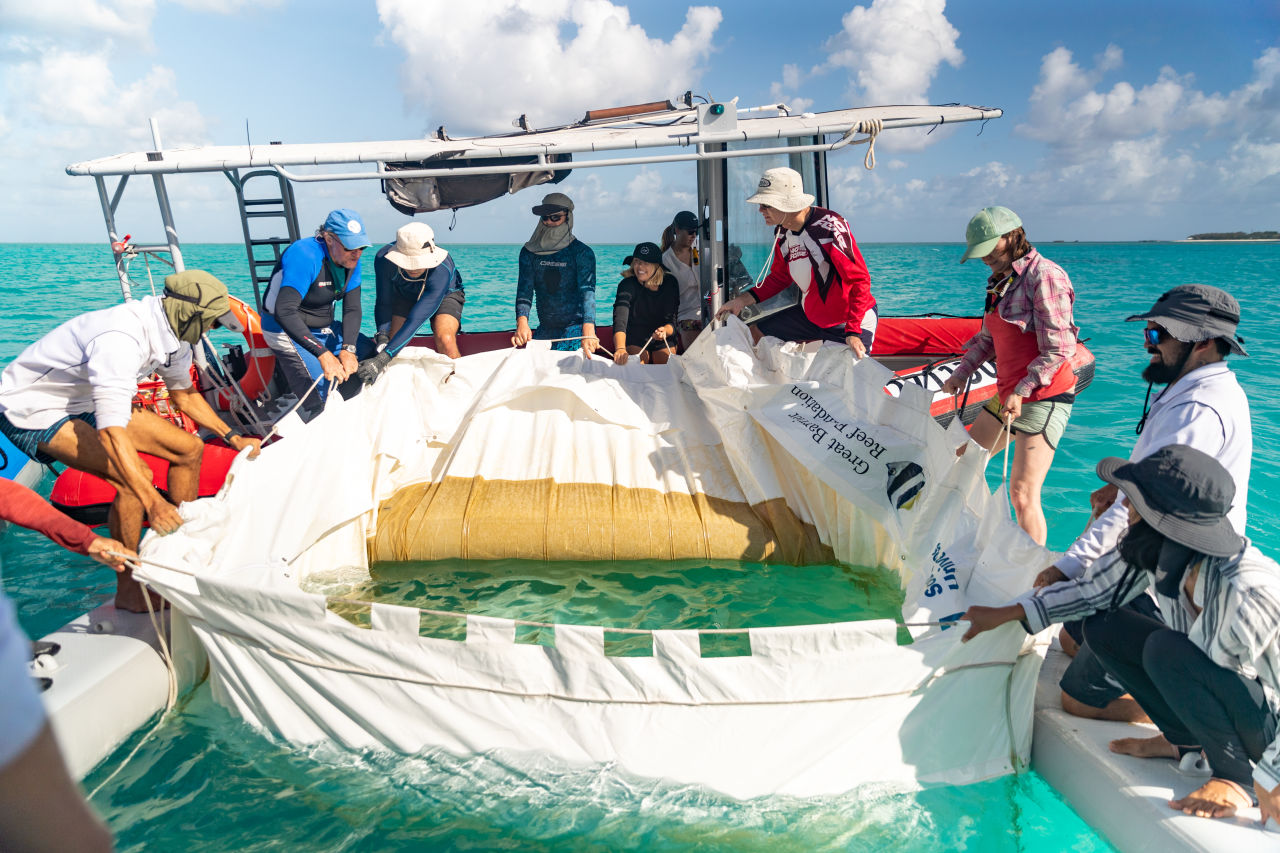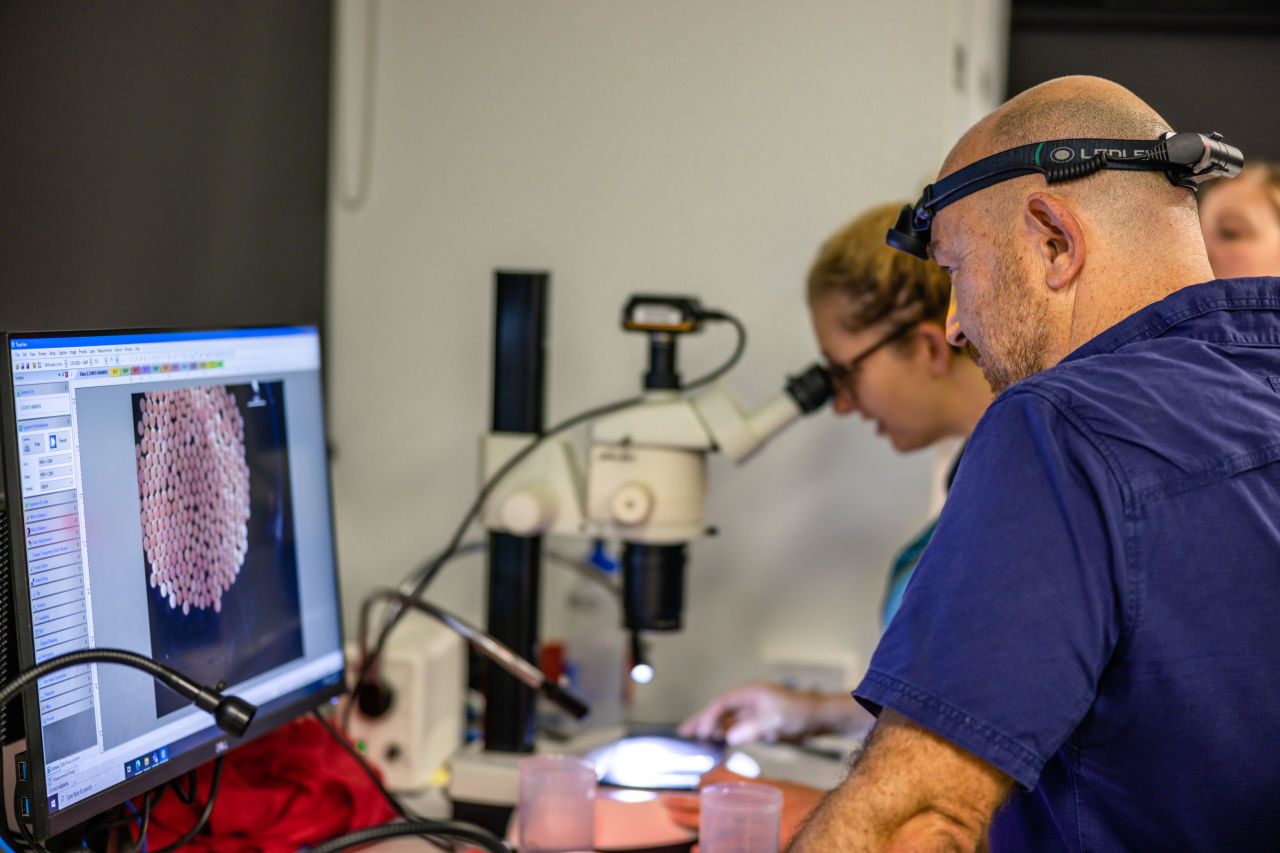The L’Oréal Fund for Nature Regeneration has committed to a decade-long investment aimed at pioneering a world-first method of calculating the value of coral reef biodiversity and support the deployment of heat-tolerant corals. This innovative methodology is expected to stimulate a market for nature rehabilitation, thereby securing crucial funding to safeguard and rejuvenate our precious reef ecosystems.
Coral reefs are the most biodiverse ecosystems on the planet, home to a quarter of all marine life in our oceans. But climate change is causing widespread biodiversity loss and disrupting the delicate balance of entire reef ecosystems, leading to species loss and declining ocean health.
Significantly more investment is needed to restore the remarkable biodiversity we’re increasingly losing, and to protect what remains. Nature repair markets are emerging as an effective way to finance the necessary acceleration and scaling of conservation activities to meet the global challenges ahead. If well designed and backed by rigorous science, they can give private and corporate investors the opportunity to deliver on their nature positive goals by generating independently verified environmental, socio-economic and cultural benefits.
As well as unlocking significant new funding to help protect biodiversity, the Partnership will also support critical reef interventions including the targeted deployment of two million heat-tolerant corals on the Great Barrier Reef by 2030. Supporting tourism, ecological and cultural values, this is expected to lead to direct and indirect economic benefits in excess of $100m.

Settlement devices like these are used to help restore damaged coral reefs. Credit: Credit Ian McLeod, AIMS
Great Barrier Reef Foundation Managing Director Anna Marsden said: “Coral reefs, are one of the most valuable yet vulnerable ecosystems on the planet. Without our help, these beautiful underwater cities and the animals that call them home will not withstand the impacts of climate change. Our partnership with L’Oréal will deliver game-changing innovation in how we measure, protect and restore marine biodiversity, bringing hope to the future of coral reefs and the 1 billion people who rely on them.”
“We are inspired by L’Oréal’s industry leadership in sustainability and science. Their longstanding commitment in addressing urgent environmental issues, notably climate change and biodiversity loss, makes them the perfect partner for the Great Barrier Reef in this critical moment of need.”

Researchers growing baby corals in floating pools on the Reef. Credit: SCU.
L’Oréal Groupe Chief Corporate Responsibility Officer Alexandra Palt said: “At L’Oréal Groupe, we believe our responsibility goes beyond our own sustainable transformation. Coral reefs are essential for marine ecosystems preservation, and in the protection of coastal communities affected by climate-driven disasters. Through the L’Oréal Fund for Nature Regeneration’s investment in the Great Barrier Reef Foundation, we are financing innovative models to help build resilience for these vital ecosystems, and to support new approaches to their restoration at scale.”
The partnership will fund an integral component of the world-leading Reef Restoration and Adaptation Program (RRAP), a collaboration of Australia’s leading science organisations and the Great Barrier Reef Foundation to help coral reefs globally withstand the impacts of climate change.
This large-scale research and development program was established and supported by the Reef Trust Partnership between the Australian Government and the Great Barrier Reef Foundation.

Researchers are pioneering new methods to help restore reefs and protect biodiversity. Credit: SkyReef Photos, AIMS
Reef Restoration and Adaptation Program Executive Director Dr Cedric Robillot said: “In parallel with a drastic and rapid reduction in global emissions, it is imperative that we develop solutions that protect existing coral reefs and their biodiversity from the escalating impacts of climate change.
“L’Oréal’s investment will enable us to lead the way by creating the building blocks of a global reef restoration industry, underpinned by sustainable financing, that will bring long-term benefits to the world’s reef communities and investors committed to making a difference.”







